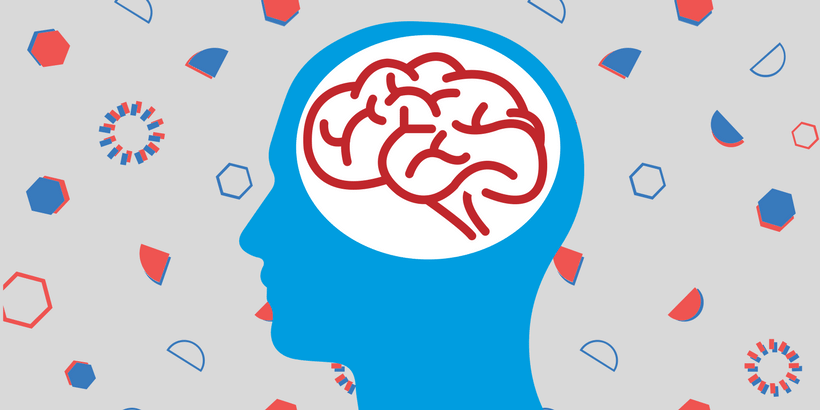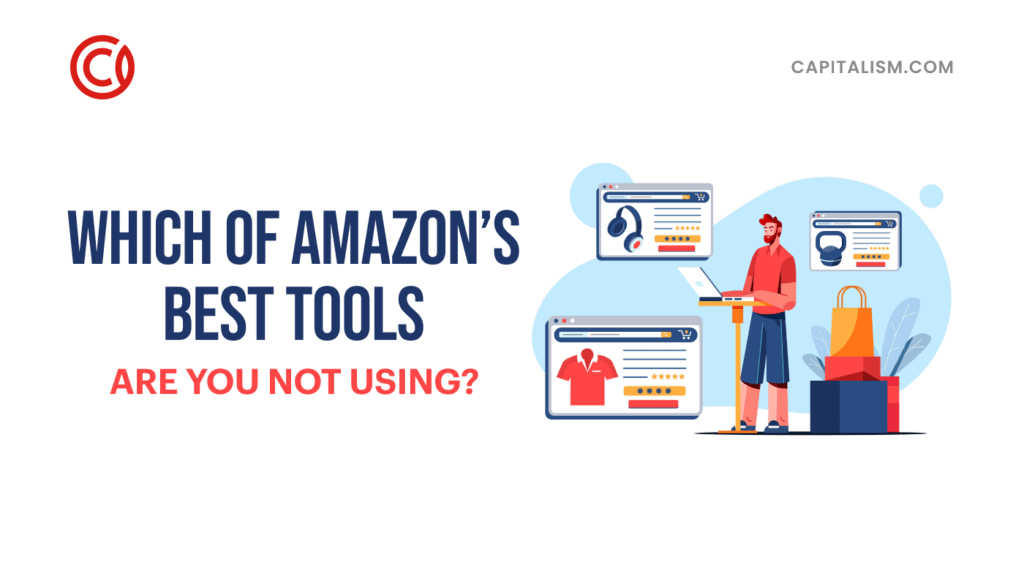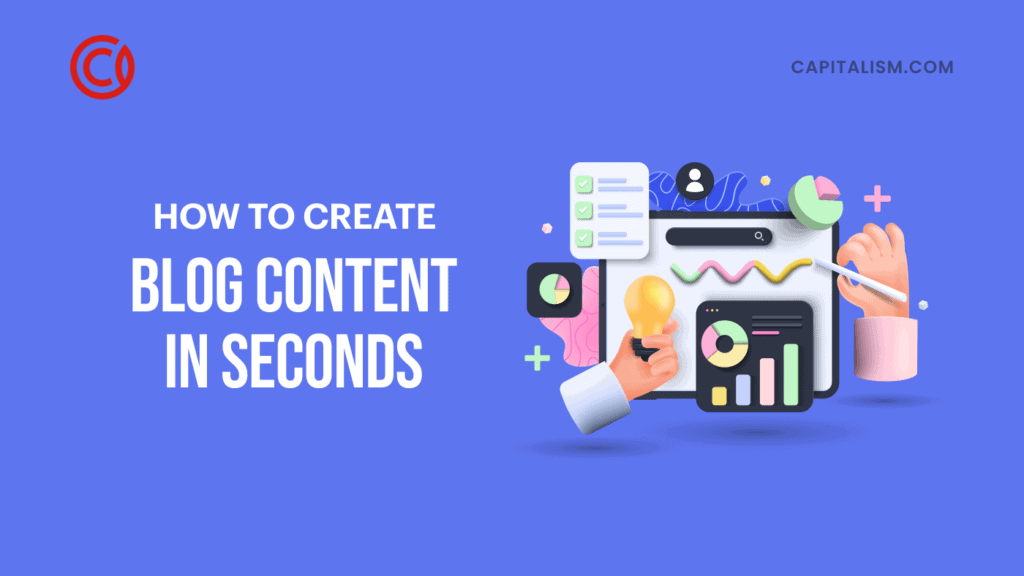When you hear the word “intelligence,” one of the first things to pop into your head is probably IQ—Intelligence Quotient. It’s typically thought of as a measure of how “smart” a person is or how good they are at learning and applying knowledge. There is some controversy over the measurement, yet it remains a common metric.
According to a number of modern theories, IQ measures just one of several of “types” of intelligence and on its own is not a great indicator of how successful an individual will be overall. There is some correlation between a high IQ and success in the workplace, but it is not particularly strong.
So how many different types of intelligence are there? Well, that depends on the theory you subscribe to. For our purposes today, though, we’ll discuss one specific type of intelligence that has shown to be quite valuable in business and in life overall—Emotional Intelligence (often abbreviated as either EQ or EI).
There are 5 Components of Emotional Intelligence
According to psychologists, EQ can be much more important than IQ in terms of career success. Rather than being a single concept, it is made up of five categories:
- Self-awareness. This is your ability to recognize your own emotions while you’re experiencing them, as well as your level of self-confidence.
- Self-regulation. This is how well you can control your reaction to the emotions you experience and how well you are able to regulate the experience itself. Those who are strong in this area can feel a negative emotion such as anger without reacting excessively; as well, they are able to let go of such emotions fairly quickly.
- Motivation. Highly motivated people are those who work to high standards, who are able to work in alignment with the goals of their teams, who are prepared to take advantage of opportunities, and who aren’t held back by obstacles.
- Empathy. Emotional intelligence goes beyond just understanding your own emotions. Being able to recognize and relate to the emotions of others is also important.
- Social skills. Perhaps the most important category for career success and particularly for leadership success, social skills include your ability to communicate clearly, to deal with conflict effectively, and to influence others.
Can you learn Emotional Intelligence skills?
To discuss developing one’s EQ implies that it isn’t “set in stone.”
Psychologists recognize a continuum known as the state-trait continuum, with states being temporary and related to present circumstances and traits being relatively fixed. EQ falls closer to the trait side of the continuum, but that does not mean that it is absolute. You may have been born with a certain level of Emotional Intelligence, but you can learn to improve it.
This is the topic of Ryan Daniel Moran’s recent video in which he discusses techniques you can use to improve your own emotional intelligence.
Why work on improving emotional intelligence?
Ryan explains to us in his video that everything you’ve ever wanted is tied to an emotion. While you have plenty of practical reasons for wanting a new car, it is the emotion you get from that purchase that ultimately leads to your decision to buy it. Understanding this simple reality can help you to make smarter decisions overall.
More than this, though, improving emotional intelligence leads to improved relationships. The quality of your relationships impacts every aspect of your life, and likewise a high emotional intelligence benefits every aspect of your relationships. It allows you to control, or at least moderate, your emotions during difficult conversations; it allows you to comfortably have those difficult conversations in the first place.
On the flipside, it allows you to fully enjoy the positive emotions you get from other people in your life, whether that’s your family, your friends, your colleagues, or your clients.
In business, your well-developed EQ allows you to better relate to those you hope to persuade. It helps you to recognize the emotions that drive people’s decisions, including your own. If you can see the emotional reason that a prospect is hesitating to buy, you can more easily guide the prospect past that hesitation.
You can also more easily stop yourself from making a bad decision when you understand the emotion behind it.

Steps to develop your emotional intelligence
To enhance emotional intelligence will take a concerted effort, and it will take consistency. This isn’t something you can change overnight. Ryan lays out his plan in three steps.
1 - Pay attention to your body.
Your emotions aren’t all “in your head.” They show up in a lot of different ways, and often they aren’t obvious if you’re just looking at what’s going on in your brain. In fact, your brain will often “hide” emotions from you as a form of protection. Beyond that, we have developed technology that helps us to ignore our emotions or even alter them, if only temporarily.
Smartphones and social media can give us a dose of dopamine that makes us feel good. Much of what we consume as entertainment is created with the intent of elevating our moods. That can certainly be beneficial, but it can have a cost, too. It enables us to disregard the challenging emotions happening in our heads.
Our bodies, though, don’t know how to hide those emotions from us. What we ignore in our brains is going to show up somewhere else in our bodies.
More than just fight-or-flight
Most people realize that emotions like anger or fear often show up in physically in what we know as the “fight-or-flight” response. That’s our bodies’ way of preparing us for what they think is an emergency, getting us ready to either fight or run away. You might notice your heart beating faster and your body trembling. This is a more extreme example of emotions manifesting physically.
Most of us are also aware that when we are feeling sad, for example, we might also feel lethargic and run down.
Most emotions have physical effects like these. By paying attention to how your body feels, you learn to recognize where in your body emotions show themselves. Ryan suggests that “feeling where you breathe, feeling where there’s tension” can help you to spot stress that’s affecting you emotionally.
It’s going to take practice. It can be helpful to give yourself reminders throughout the day to “check in” with your body, especially as you are learning. One simple method to try is to set a timer to go off periodically throughout the day. When it does, take a deep breath or two and ask yourself how you’re feeling emotionally; then, notice how you feel physically, particularly paying attention to any tension or pain in your body that doesn’t have an obvious physical cause. Observe your posture, too, as it is frequently another physical manifestation of your mood.
You are looking for patterns over time—this emotion causes me to feel this sensation in this part of my body. It might not be exactly the same every time, but the longer you practice, the more you’ll see the pattern. Keeping a journal is particularly helpful for this.

Why should you journal?
As you are developing your emotional intelligence and learning to recognize how your body responds to your emotions, the patterns are far more important than individual instances. Simply making a conscious effort to notice what’s happening in your body is a great start. You are very likely to notice certain connections—perhaps you feel tension in your neck when you are worried, for example.
When you start writing down what you observe, though, the patterns become much clearer. You see what happens consistently. You have a record of what’s “normal” for you, and anything out-of-the-ordinary really stands out.
You’ll also be able to spot “triggers” that you may never have noticed. If you see that you get particularly anxious every time you sit down to fire off an email to a specific client, you’ll be better prepared to address that anxiety; you may recognize what about your interactions with that client are causing problems. You could even notice that your anxiety in that situation comes from a past issue that was resolved long ago. Our bodies often hang on to past negative experiences even after we think we’ve let them go.
Look at your behavior, too
On top of noticing what’s happening in your body, pay attention to how you act as well. When your timer goes off and you’ve made a note of your emotional state, also consider how you’ve been behaving. Write that in the journal, too, if you’re keeping one. Especially note any behavior that isn’t typical for you. And anytime throughout the day, if you find yourself behaving differently from your normal, make a mental note of it and ask yourself how you’re feeling emotionally.

2 – Be aware of negative habits.
This will fit well alongside your practice of paying attention to your body. Particularly if you are keeping a journal and observing your behavior along with your emotions, you will likely also notice specific habits you have that also correlate with those emotions.
Pay attention to those habits in general, too. When you find yourself doing something that you feel a bit guilty about, that you want to stop doing, or even something that you enjoy but wish you didn’t, pause... Take a couple of breaths and ask yourself once again, what is your emotional state?
Once more this is something to write down in your journal. Making a mental note is a great start, but when you’ve written it down it becomes much easier to spot long term patterns.
Ryan points out that working on emotional intelligence in business will allow you to better understand the motivations of others, which in turn will help you to be more persuasive. Yet to completely understand what motivates others, understanding your own impulses is critical.
Your bad habits helped you
Your habits did not form in a vacuum. Negative habits, in particular, formed because you discovered sometime in the past that those behaviors helped you to escape from something unpleasant. Perhaps you had a drink after a particularly unpleasant meeting and felt better.
You might have understood the reason you did it the first few times, but you didn’t consciously decide, “I’m going to drink after every difficult meeting from now on.” But that deeper part of your mind that you’re trying to better understand did make that decision; your conscious mind just wasn’t fully aware of it.
Every time you repeat that behavior, you reinforced that it worked. Eventually, it became so ingrained that it became almost automatic. When the habit is well established, you hardly think about why you’re doing it anymore. And this is why it takes a focused effort to see the connection between the emotions you’re feeling and the habit. If you want to stop the habit, understanding the reason it formed will make it vastly easier to do. Even if stopping isn’t your goal, understanding is a crucial step in developing your emotional intelligence.
3 – Understand the feelings that motivate other people
Once you see why you do the things you wish you didn’t, you become less judgmental of the habits of others. Instead, you see them as a mechanism for dealing with unpleasant emotions. Recognizing this allows you to look for the emotion that’s behind their motives, which in turn helps you to guide them to a better solution.
Habits, of course, are only one way that emotions guide our behavior. Anyone who has worked in sales for any length of time has heard that every buying decision is made on emotion, then justified with logic afterward. It’s not just buying decisions though—all decisions are made emotionally. Information is what we use to support the emotional decisions we’ve already made.
When you’ve developed the positive habit of recognizing your own emotions and especially with recognizing how those emotions drive your decisions and your actions, you will start to see the same in others. Making this a conscious effort is what will make you a far more effective communicator. This, in turn, improves every relationship you have with others, in business and in life overall.












